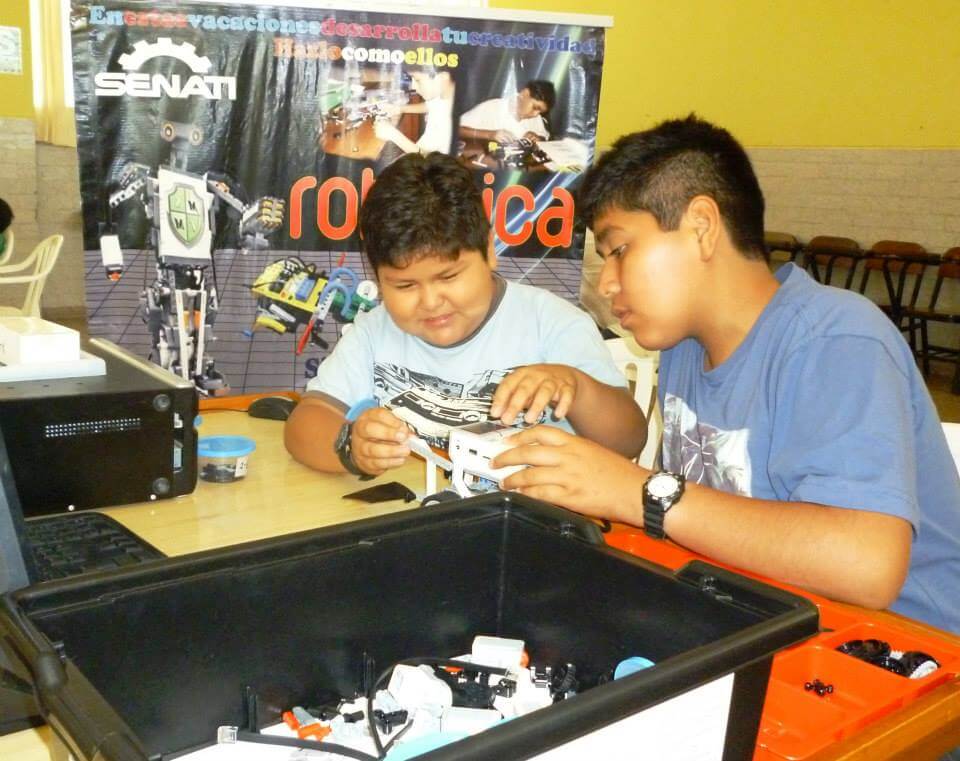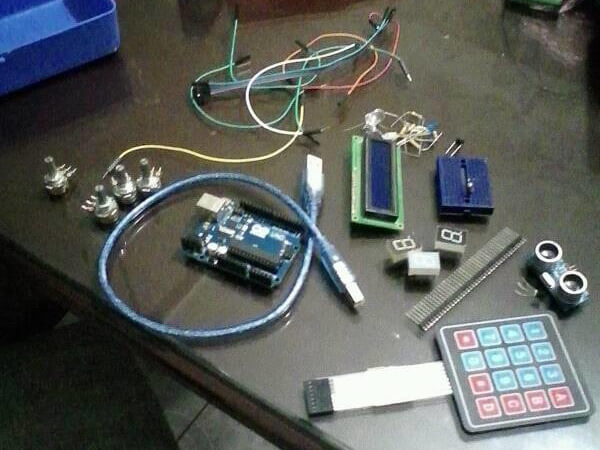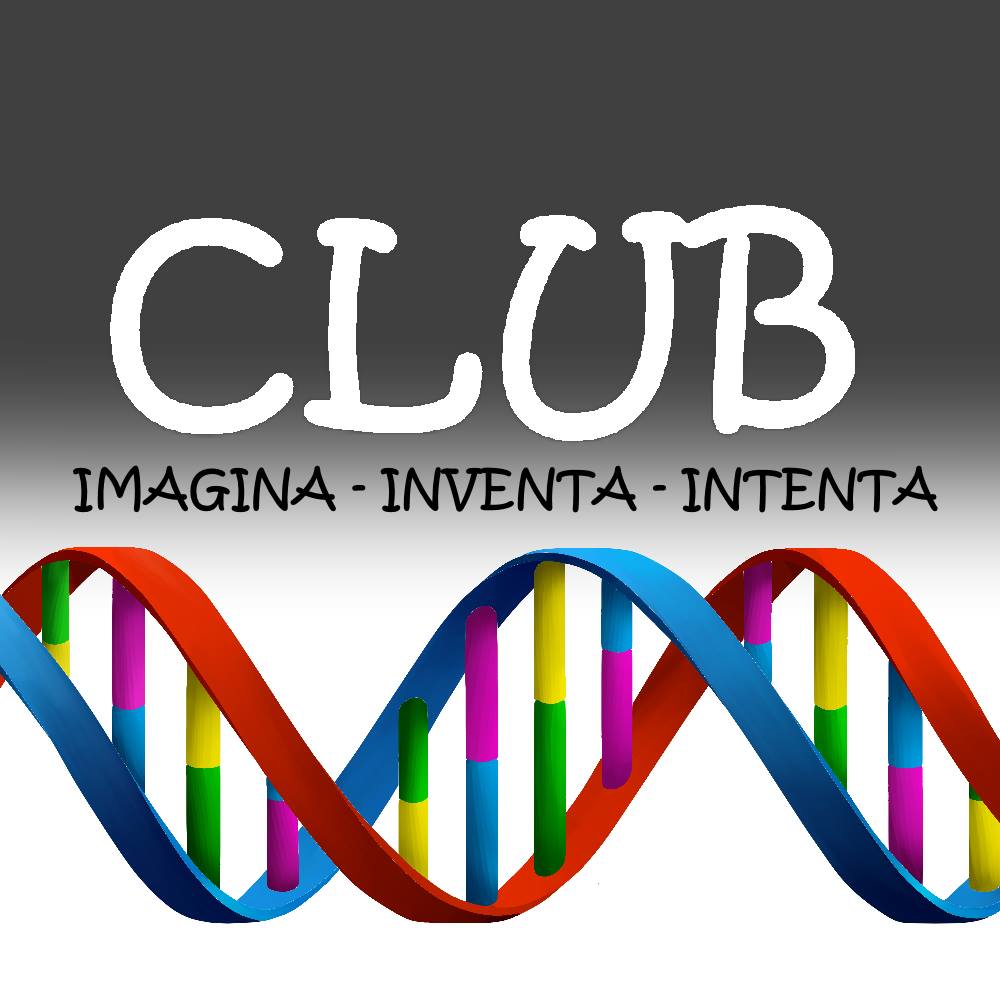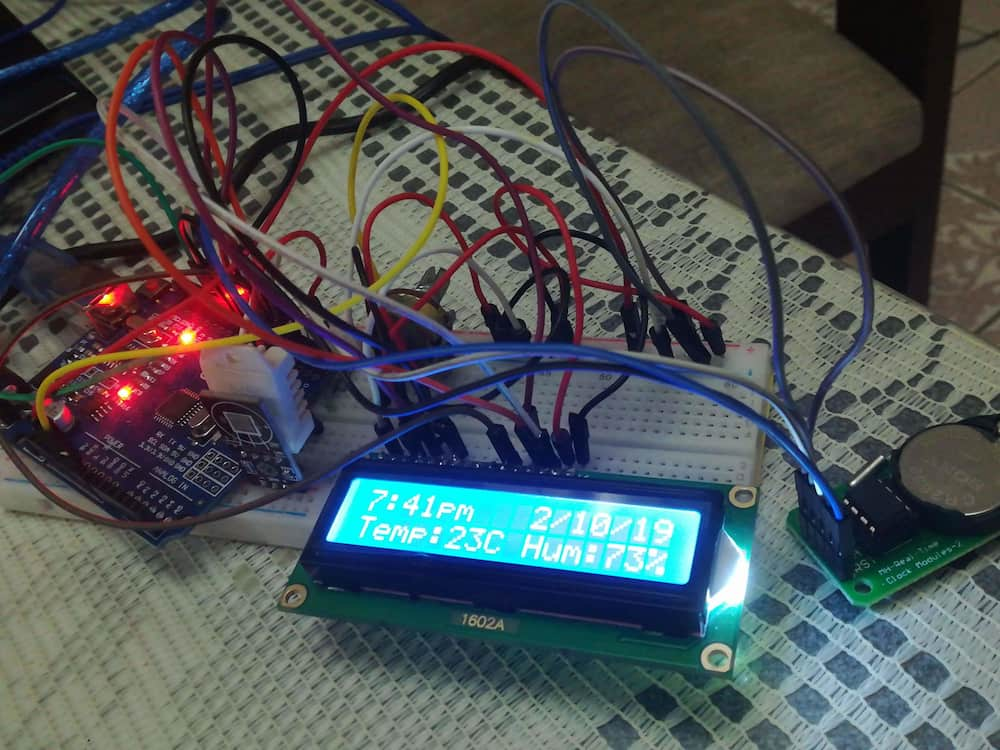How it all started
My parents always used to sign me up for summer courses. All kinds of them, just to help me explore the world. The typical “productive vacation” kind of program.
One of those led me to a LEGO robotics class. That's when I discovered the world of programming machines. The idea of making an object do exactly what you wanted felt like magic. Time flew in those classes, and I always stayed until the very end, almost until they kicked me out because the next group had to come in.
At the same time, I had discovered Minecraft. I wasn't doing anything special just building houses, fighting enemies, the usual stuff any 10 years old would do. I had no idea that little blocky game would end up shaping my future.

A random gift
They gave me a tablet nothing fancy, but for me, it was a brand new toy. I spent every day trying to get something new out of it. I kept downloading apps, most of which were completely unnecessary, but I was happy with my flashlight app that made me watch an ad just to turn on the light.
So I decided to make an app myself. I discovered a lot along the way, like the fact that my tablet had something called an "operating system" named Android. In my mind, I just thought it was “Huawei brand.” Anyway, I downloaded something called Android Studio, and with YouTube tutorials, I managed to install an app on my tablet that just showed some text on the screen. But again, I was happy, and I even posted about it on Facebook.
I'm not sure if it was because of that post or just good timing, but my cousin gave me an Arduino he wasn't using anymore. He thought it would be a good idea for me to learn from it, and he also introduced me to a YouTube channel called Código Facilito. Looking back, that was a turning point in my life. I started watching all their videos and managed to turn on my first LED :D which, for 11-year-old me, felt like being Iron Man.

The science community and software
One of those afternoons after school, when I'd spend hours on the computer playing Minecraft and watching YouTube, I came across a couple of science communication channels: CdeCiencia and QuantumFracture. What caught my attention was how they said that anyone could contribute to science, and that even they were still students at the time.
Since I had been learning how to edit photos and use tools like Photoshop, Facebook pages, and social media in general, I decided to create a Facebook page to share science with my local community. I made a few posts, but one day at school someone made fun of my page because, at that time, I was considered a “niño rata” a term used to mock kids who played Minecraft. I felt really bad and ended up deleting the page completely.
Even so, I didn't give up. Instead, I decided to create an alter ego so I could publish online without fear of the consequences—like bullying. I teamed up with a friend from school to create a public Minecraft server. He would handle the promotion through his YouTube channel, and I would build the server. That deal led me to spend countless hours on YouTube, learning terms I'd never heard before: client-server architecture, hosting, websites, Java, HTML, cloud, plugins, and more.
Looking back, that's when I decided I wanted to build things-experiences for others to enjoy, learning along the way, and surrounding myself with people who help me grow.

The Unique Non-University
On this point, I had already decided I wanted to study something related to programming, but I had never actually taken a real programming class. Almost everything I knew came from YouTube tutorials. That's when my dad told me one of his friends ran an Arduino and tech center but it was meant for university students. Still, we went to check it out.
His friend interviewed me, and after I answered a few questions, he gave me the chance to join the classes with the condition that if I couldn't keep up, I'd have to leave.
It didn't really bother me, because I already knew one of the students there. A few years earlier, he had been a supervisor at my school and had seen me talk about topics most kids my age didn't usually mention. So he helped me join the group, and not long after, I started feeling comfortable even solving problems others couldn't. I guess the creativity of a younger mind makes a difference.
